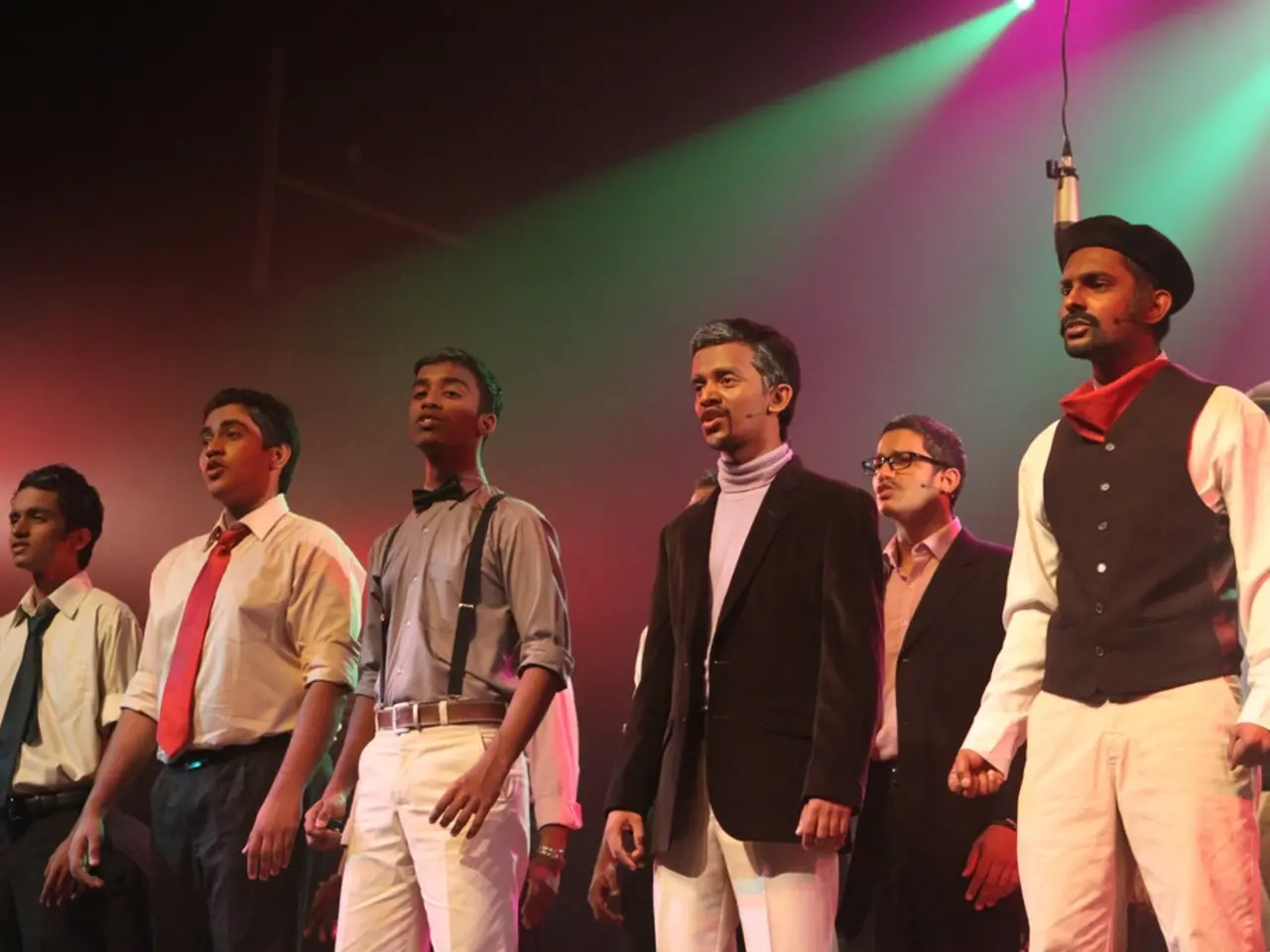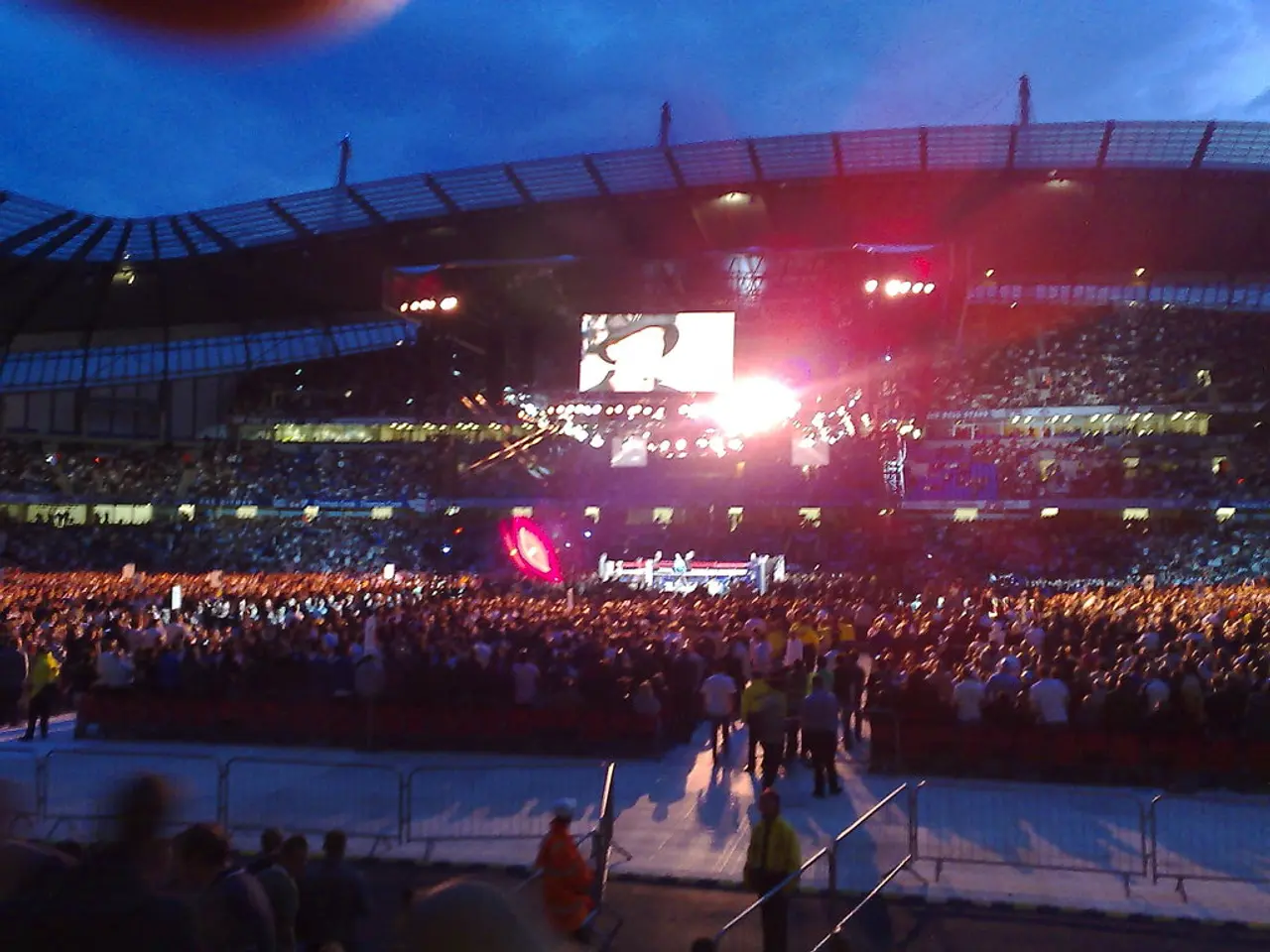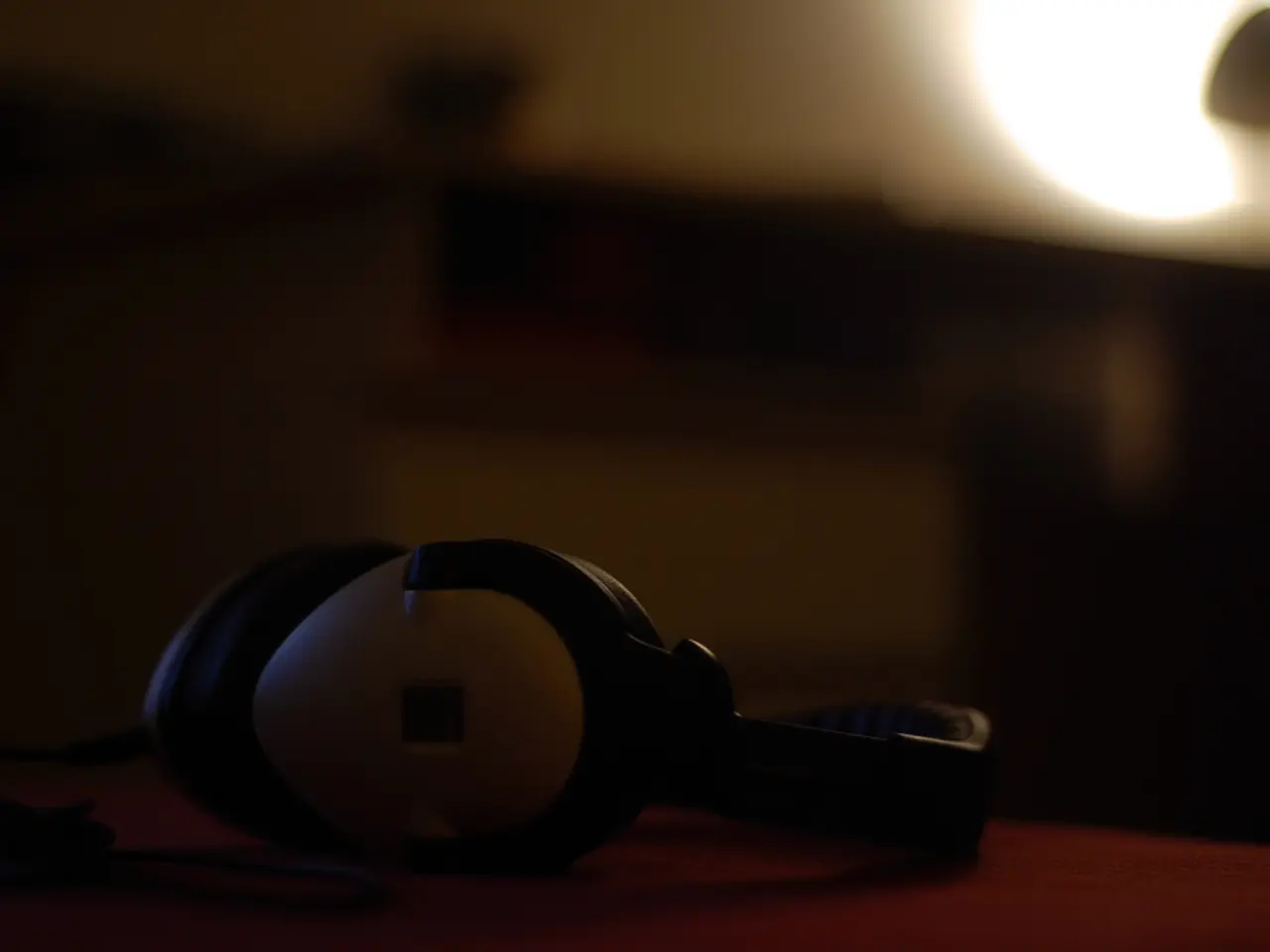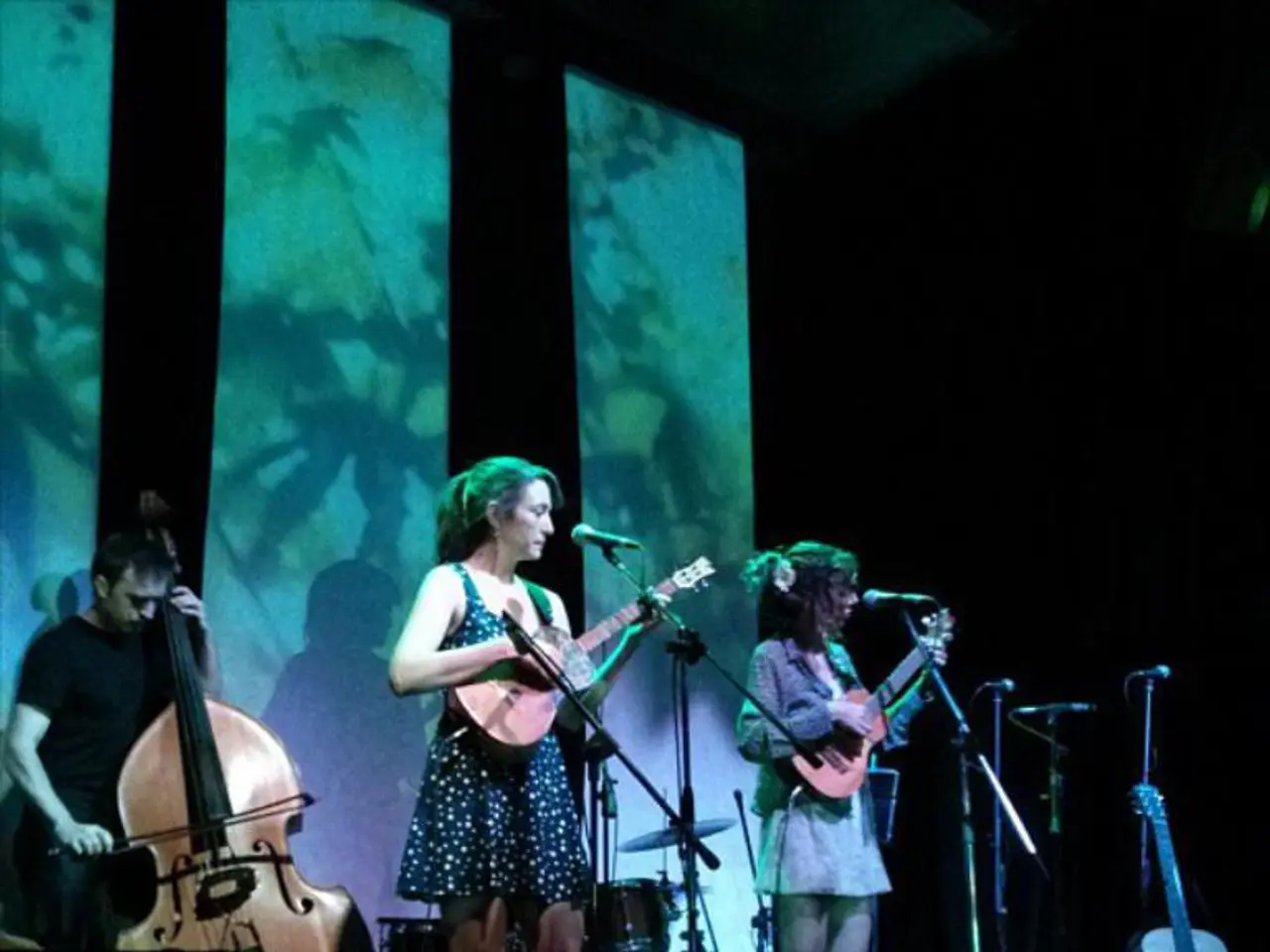Cinematic Shifts: Exploration of Artistic Innovations in the World of Film
The L.A. Rebellion, a groundbreaking film movement, was born in the late 1960s and flourished through the 1980s at the University of California, Los Angeles (UCLA). This movement marked the arrival of the first generation of African and African-American filmmakers who sought to challenge and transform Hollywood's stereotypical portrayal of Black people.
Key Characteristics
The filmmakers of the L.A. Rebellion aimed to depict Black life with honesty and complexity, focusing on real experiences rather than clichés or stereotypes. A prominent voice within the movement, filmmaker Julie Dash, emphasised the portrayal of Black women’s unique struggles, desires, joys, and sorrows, offering a nuanced counter-narrative to mainstream depictions.
Despite sharing a commitment to Black authenticity, the members of the L.A. Rebellion expressed their vision through varied personal styles rather than a single uniform aesthetic. The films served both to entertain and to educate audiences about Black culture and social realities.
The movement rebelled against Hollywood’s and the blaxploitation genre’s limited and often harmful portrayals by reimagining media production processes from a Black perspective.
Historical Context
The L.A. Rebellion arose during a period of significant social and political change in the United States, particularly during the Civil Rights Movement and Black Power Movement eras. It emerged as part of a broader wave of new American cinema in the late 1960s to 1980s, when independent and auteur-driven filmmaking challenged the old Hollywood studio system.
UCLA served as a critical incubator for these filmmakers, fostering a community that emphasised both creative expression and political consciousness. This movement predated and influenced later waves of Black cinema by highlighting the importance of Black filmmakers controlling their own narratives and representations.
In summary, the L.A. Rebellion was a pioneering film movement at UCLA that created a new Black cinema grounded in authenticity, diversity, and resistance to dominant cinematic portrayals, deeply shaped by the social dynamics of its historical moment.
- The filmmakers within the L.A. Rebellion, such as Julie Dash, strived to depict 'art cinema' that reflected the authenticity of Black life, focusing on 'movies-and-tv' that portrayed real experiences, especially emphasizing the unique struggles and experiences of Black women.
- Their work, part of the broader 'new American cinema' era, aimed not only to entertain but also to educate audiences about Black culture and social realities, serving as a rebellion against the limited and often harmful portrayals in Hollywood and the blaxploitation genre, while furthering the movement's commitment to 'film movements' that empowered Black filmmakers to control their narratives.






